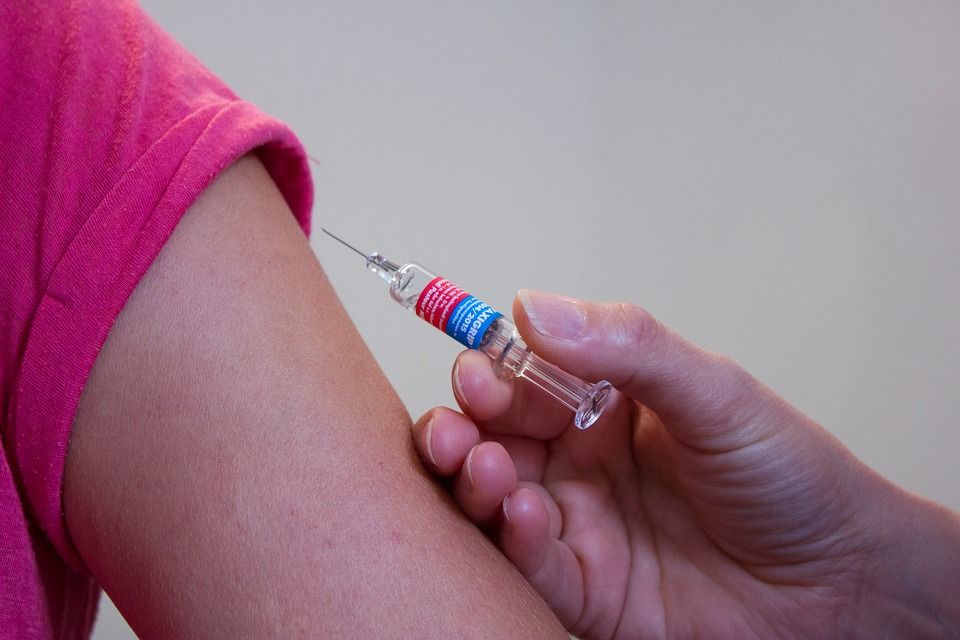Despite the World Health Organization (WHO) identifying non-vaccinated children as being among the top ten global threats of 2019, the issue not only still persists, but seems to be gathering momentum.
In recent years there has been a surge in outbreaks and deaths from diseases that are vaccine-preventable – such as measles – and one of the prime contentions of the anti-vax community is that vaccines such as the MMR (for measles, mumps, and rubella) cause autism.
Now, a massive Danish study involving 650,000 children over a decade has debunked the autism-via-MMR vaccination myth once and for all. The research found that autism is just as prevalent among children administered the MMR vaccination compared to those who weren’t.
“This myth surrounding MMR and autism has existed for over 20 years and I think it’s very important that there is some science-based response to that,” Anders Hviid, a senior research with the State Serum Institute (SSI) who is among the authors of the new research, told DR Nyheder.
“The conclusion is very solid – we can’t see any connection.”
READ MORE: High take-up rate on HPV vaccination amongst boys
Rising fears
The research also found that vaccines are not to blame for autism in certain groups of children who may be more susceptible to getting autism – such as siblings of children with autism or kids of mothers who smoked during pregnancy.
The findings, published in the scientific journal Annals of Internal Medicine, come at a very relevant time as the number of measles cases has tripled across Europe from 2017 to 2018, including a small outbreak in Denmark at the moment.
Measles can be avoided through vaccination, and 90 percent of Danish kids are every year, but in other nations fewer people are being vaccinated and the trajectory is on a downward spiral.
The disease is the most contagious illness for children. It can live for up to two hours in an area that an infected person has been in.
While most survive without any consequences, 1 in 15 go on to get middle-ear infections, 1 in 25 pneumonia and 1 in 2,500 encephalitis.













